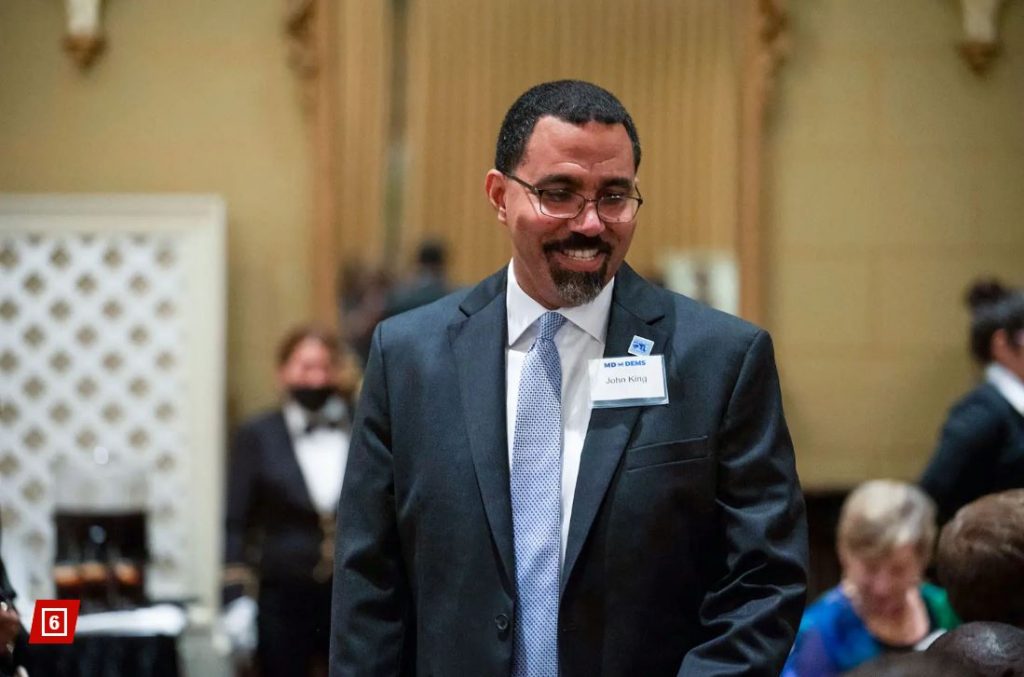SUNY Chancellor John King announced a plan earlier in March to eliminate single-use plastics from Binghamton University and the 63 other SUNY campuses.
A gradual, multi-year process, the initiative will eventually phase out and replace single-use plastics with more environmentally friendly alternatives. The ban comes after legislation, signed by Gov. Kathy Hochul, presented better methods of waste elimination, including composting and recycling. The initiative aims to encourage all SUNY schools to work toward reducing single-use plastics on campus to help curb the effects of climate change. Occurring over the next few years, the plan will reduce usage by nearly 100 percent for some products.
“With the fate of the planet at stake, New York [state] must continue to lead the way in the global fight against the climate crisis,” Hochul said in a 2021 press release. “This package of legislation will make sure New Yorkers are recycling, composting and phasing out wasteful plastic products, putting our state on the path to a cleaner, greener future.”
King’s plan would have the ultimate goal of a near-total elimination of single-use plastics SUNY-wide. Single-use plastics can be found as plasticware, takeout containers, plastic beverage bottles and plastic straws. Many items on the list were marked with a final elimination date of 2027, or whenever possible. Many plastic items are set to be phased out in a multi-stage process, with goals for elimination ranging from 25 to 100 percent.
BU has already taken steps toward creating a more environmentally sustainable campus. In 2023, the University won gold status in sustainability for the second time, as rated by the Sustainable Campus Index, which ranks universities across the country based on a 17-part review of their commitment to sustainability in a variety of fields — including air, climate and waste — with colleges earning either bronze, silver, gold or platinum ratings. BU aims to reach the platinum level, currently only held by 12 other universities and has complied with the state’s plastic bag ban.
In August 2023, the University enacted a new policy to limit the usage of balloons outdoors. The policy would reduce the “danger and nuisance to the environment” caused by the balloons being “entangled in trees and power lines or land on the ground or in waters,” according to a statement on the Operations Division’s website. This policy, however, does not affect the usage of balloons for educational and weather-related reasons or the usage of indoor balloons that are tied down.
“Research has shown plastics have a significant, long-lasting, and damaging impact on the environment and public health, which is why SUNY is taking this holistic approach to eliminate the usage of single-use plastics,” Carter Strickland, SUNY’s chief sustainability officer and executive director of climate action, said in a press release.
Pam Mischen, the University’s chief sustainability officer, explained that the change will affect everyone at the University. She reiterated that it would be a learning experience for the entire campus, from maintenance staff to students, and gave an example of how students can begin to make the change from single-use plastics to more eco-friendly alternatives through the use of OZZI containers — reusable takeout containers that would replace single-use containers that often end up in landfills.
Mischen encouraged students to avoid plastic water bottles instead of glass or aluminum alternatives, which are reusable and more easily recycled.
“All students are provided an OZZI container in their first year,” Mischen wrote in an email. “If the container has been lost, a new one can be purchased from the dining halls.”
While most single-use plastics are set to be eliminated in the coming years, exceptions have been made to ensure accessibility and safety. The plan allows for the use of single-use plastics in the event of an emergency or for ease of access during a crisis. Plastics used in laboratory settings and food preparation are also exempt from the policy to prevent contamination.
Olivia Rutherford, an undeclared freshman, expressed interest in the new waste regulation policies — but shared concern that accessibility could be an issue, as people with disabilities may not have adequate access to alternatives to single-use plastics.
“I think the ban has the potential to do a lot of good,” Rutherford wrote in an email. “However, it’s still important to be conscious of those who need to use single-use plastics, such as straws, due to various disabilities.”



